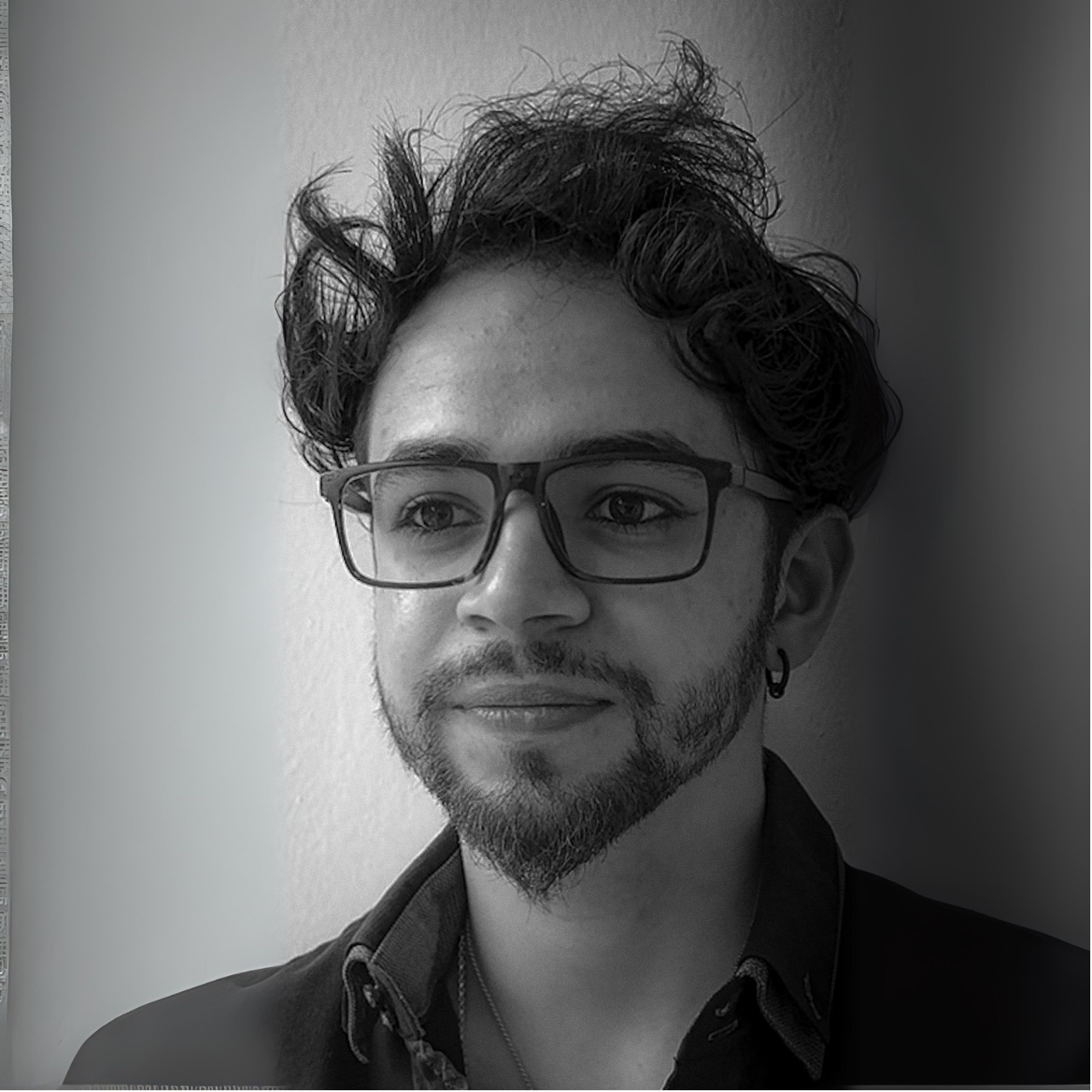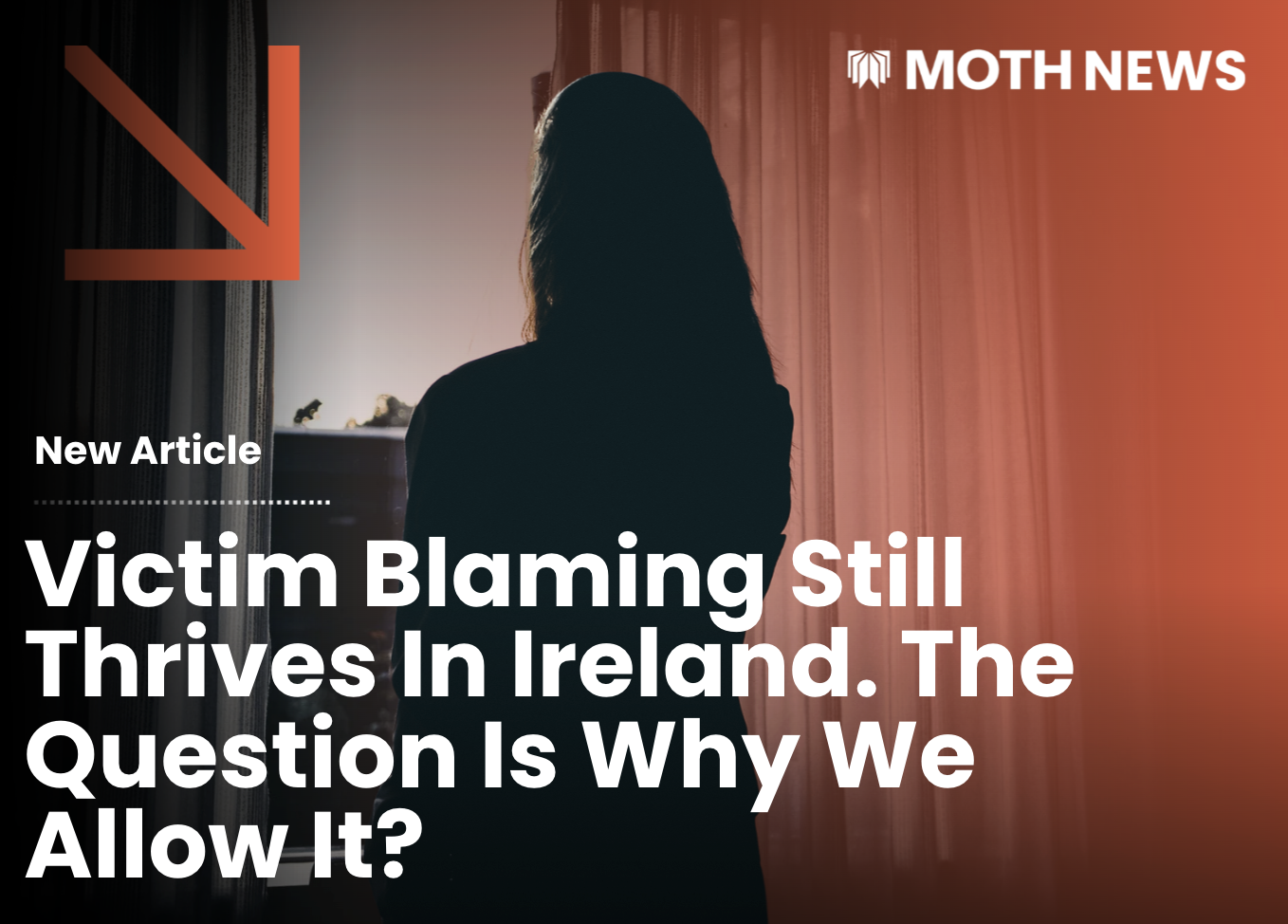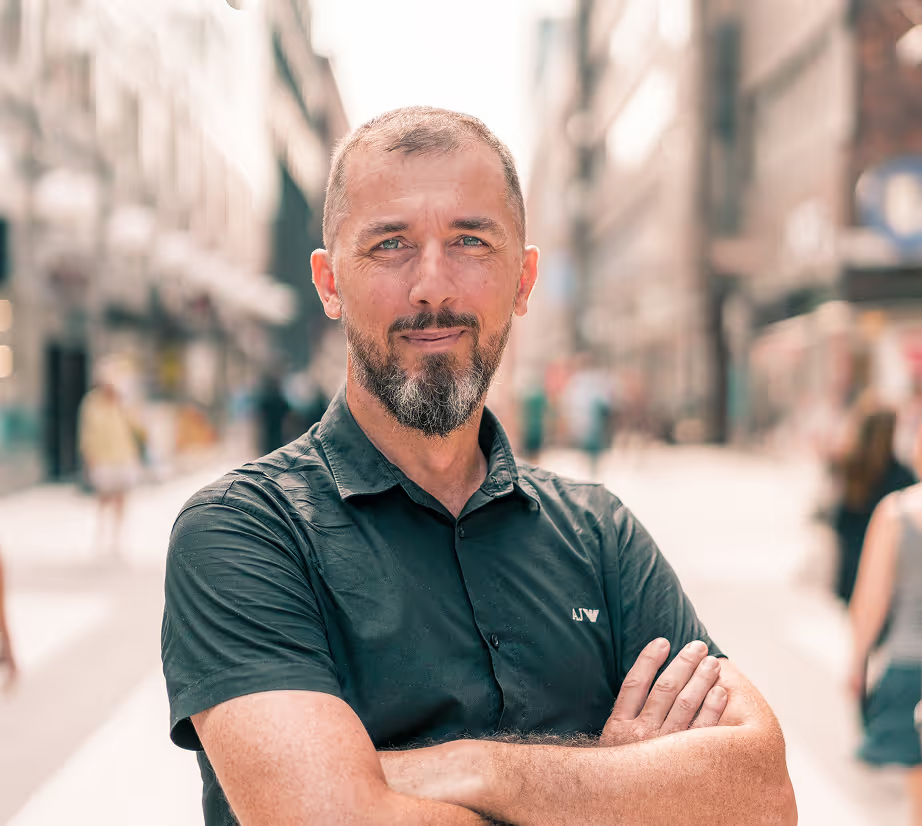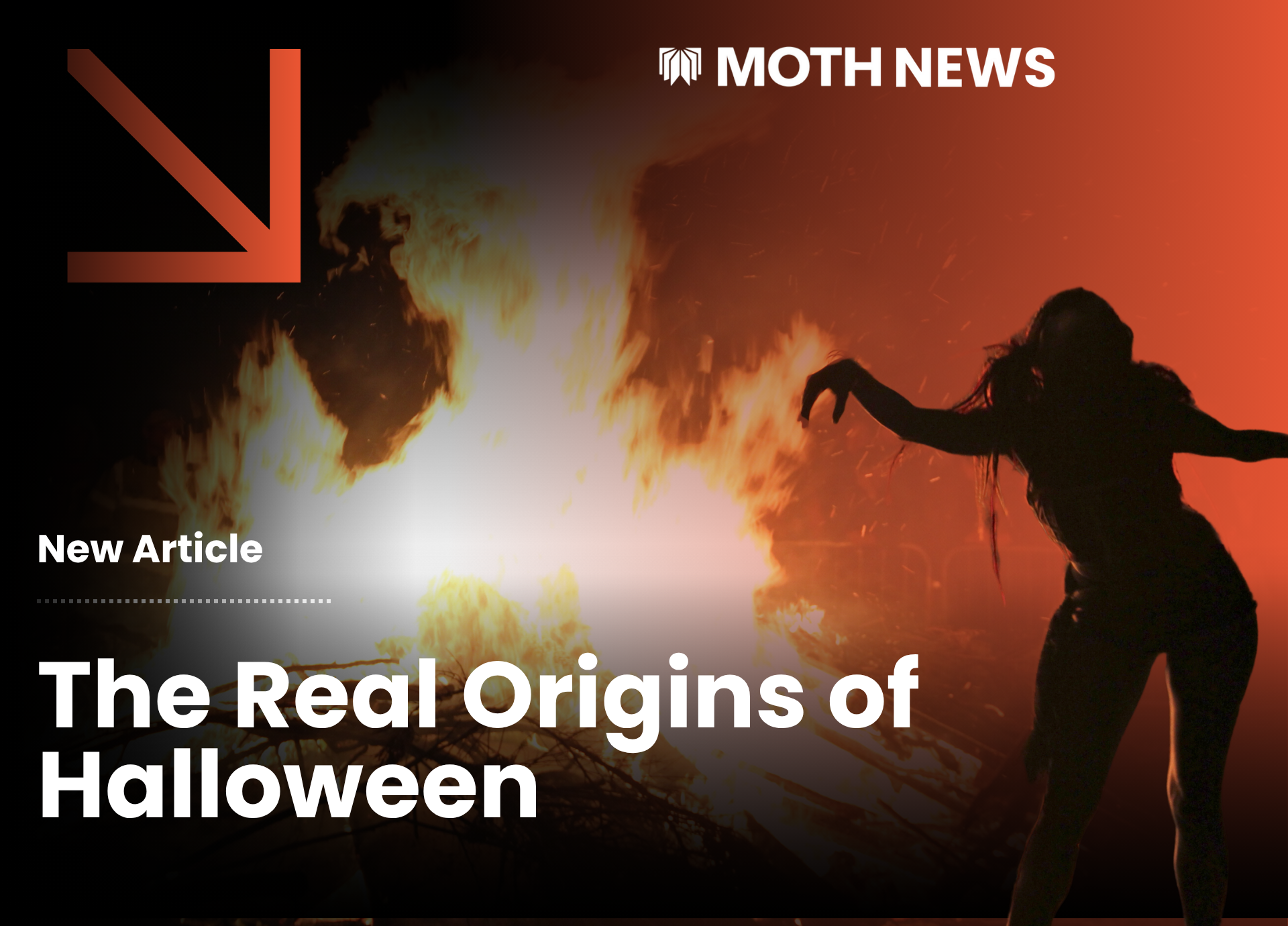.png)
On the Ground in Italy: Protest, Solidarity, and Staying Safe
A Movement That Filled the Streets
In early October, tens of thousands filled the streets of Rome in one of Italy’s largest pro-Palestine demonstrations in recent memory. The marches stretched over several days, with the main rally on October 4th drawing an estimated 300,000 people.
“We had a great amount of protests in Italy in October and the end of September,” says Michele Stefanile, 31. “Citizens, unions, political associations, everyone was there.”
Buses and trains were organised from every region, many by trade unions and left-wing groups. One, arranged by Power to the People, carried several of Michele’s friends from the south. The organisers gave clear instructions on how to behave if police made checks along the way, which they did. Officers boarded some buses and searched them, finding nothing illegal. Everything, Michele says, was carefully planned and tightly coordinated. It was not chaos; it was serious and organised.
Media Distortion and Missing Stories
When he speaks about the day, Michele keeps returning to what happened after the march and how it was portrayed.
“There were two kinds of violent acts,” he explains. The first, at the tail end of the protest, involved fewer than ten people out of 300,000 who clashed briefly with police. The second, later that evening, came from small far-right groups who attacked protesters relaxing in cafés—families, children, older people, as Michele describes it.
Only one of those incidents made the news. “The media and political class took advantage of a few isolated events to delegitimise the whole protest,” he says. “They focused on ten people and ignored the attacks by fascists. It shows a complete disequilibrium.”
Such a Liberation
Michele says the protests were driven less by party politics than by public frustration. “The Italian government did not do anything to show support for the Palestinian population,” he says. “They just continued business as usual.”
He calls Italy’s political class “compulsive liars,” adding, “It is like giving a sophisticated instrument like democracy to a toddler—they do not know how to use it.”
That gap between government and citizens, he says, is what made the marches feel so powerful. “It was such a liberation to take part in something that really represented the state of consciousness of the Italian people,” he says. “We are not represented in any way by the acts of our own government.”
The Man on the Balcony
There was one moment, Michele says, that stayed with him most. As the crowd moved through one of Rome’s wide boulevards, an elderly man appeared on a balcony, frail but waving from above.
“The whole crowd cheered him,” Michele recalls. “We felt protected. Knowing the people watching us were with us, it was a huge relief. It gave us a feeling of even bigger participation, even bigger cohesion.”
In a country as divided as Italy, he says, that sense of unity was rare. “It showed how people really feel right now,” he adds.
Safety and Solidarity
When asked how he kept himself safe, Michele does not hesitate. “The only thing we did was stick together,” he says. “The dangerous things happen when the crowd spreads out. If you are alone, that is when it is risky.”
He says the overall atmosphere was peaceful and coordinated, with no aggression from police and no fear among participants. “There were so many different flags all united in favour of the Palestinian flag,” he says. “It was a spectacular moment for our conscience as a country, for our conscience as a continent.”
Policing and Democracy
While he acknowledges Italy’s wider issues with police violence, Michele says the Rome march felt different. “In this manifestation, I feel like the police were in support of it,” he says. “There was never an aggressive position taken by them.”
For him, moments like that represent what democracy should look like. “People protected by specialists who are prepared to put themselves at risk—I admire that,” he says. But he is also clear. “There is a systemic problem. It does not depend on single officers but on the rhetoric of politicians who use the police for propaganda.”
A Shared Purpose
Despite everything, Michele remains hopeful. “I hope the connection that has been shown between protesters and police officers becomes stronger and stronger,” he says. “We are not enemies. We are there for the same reason—to protect our democracy.”
And as the protests continue across Europe, he believes what happened in Rome will stay with people. “Experiences like this have a huge impact on people’s consciousness,” he says. “They can create a change in a time where God knows if we need it.”
Subscribe to our mailing list
Get notified on the latest episodes and when they drop.





.png)